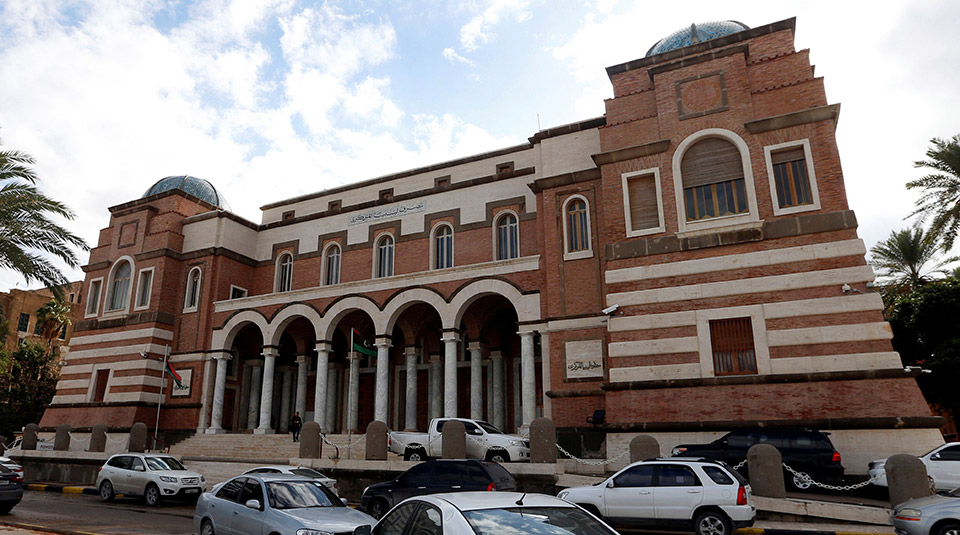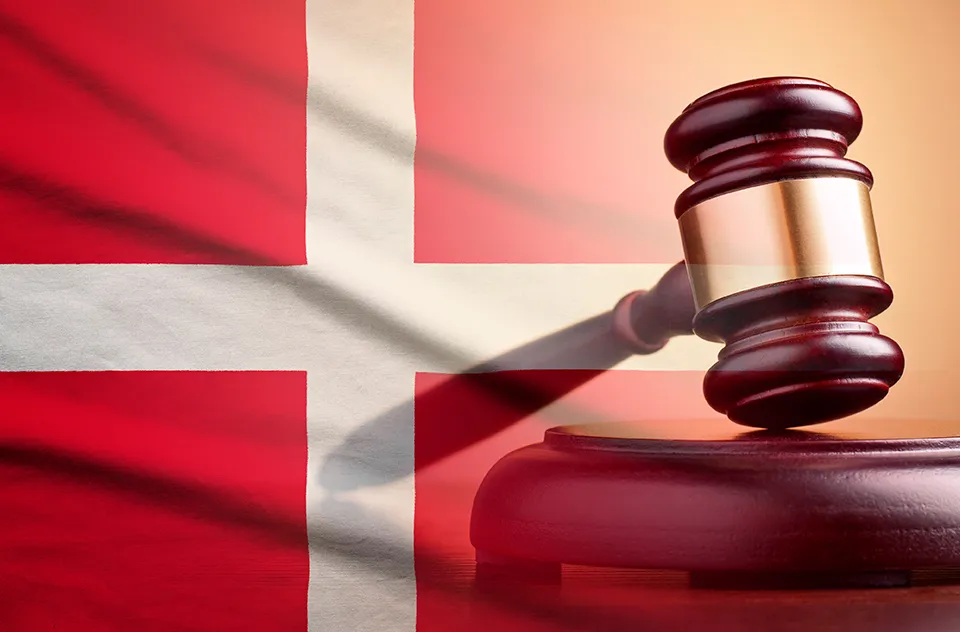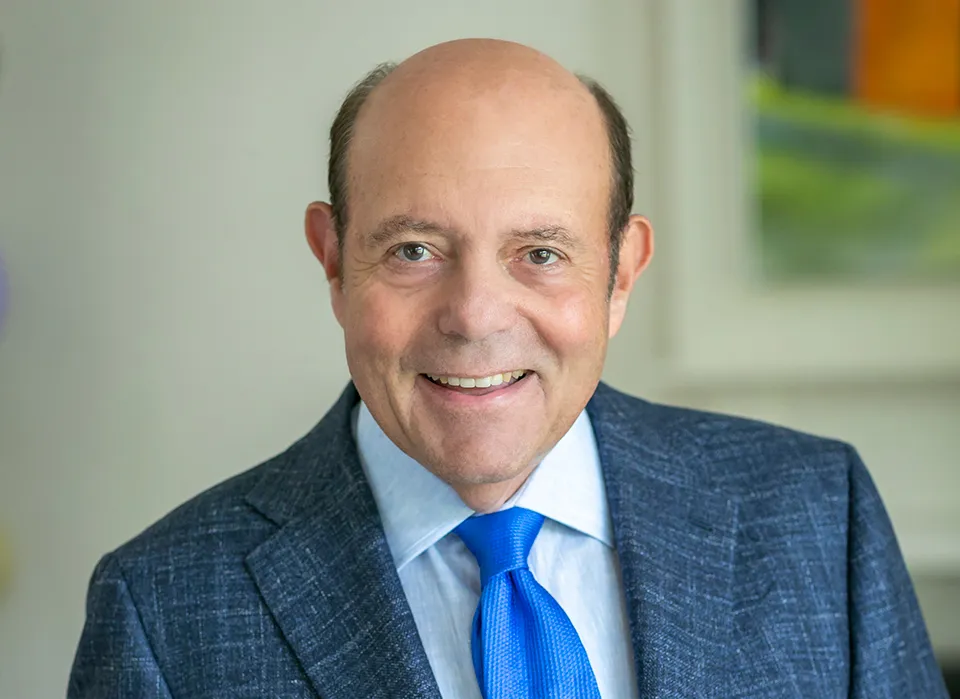The news that Libya’s two competing central banks will reunite after nine years of separation provides some hope for the future of a country high in potential and low on harmony.
In 2014, Libya’s institutions split into two. One government sat in Tripoli, another in Benghazi, each one adamant they were in control of the whole country. The central bank split, too, and so did the sovereign wealth fund, the Libyan Investment Authority (LIA). Tripoli has the prime minister. Tobruk, in the east like Benghazi, has a parliament that doesn’t much like him.
The international multilateral community has tended to recognize the Tripoli-based government and the central bank under governor Sadiq al-Kabir. But international recognition has not made much difference to the practical realities of trying to run Libya. Nothing is agreed: who owns the oil; the rate of foreign exchange; access to the reserves.
Putting the central banks back together is great news because it means the country can run its monetary policy on a consolidated basis, which can only be a good thing. But the bigger impact will be if there is a demonstration effect that allows other things to unify in Libya: the government, for one, but also the sovereign wealth fund.
LIA schism
Long-standing Euromoney readers will recall our detailed coverage of the schism in the LIA. We frequently interviewed two different people who considered themselves in charge of the fund, Abdulmagid Breish in Tripoli and Hassan Bouhadi in Malta – representing the Tobruk authorities – each one routinely astonished that we were also speaking to the other. The LIA undertook the considerable challenge of suing Goldman Sachs and Societe Generale in the English courts while being split in half in this manner, which probably didn’t help the unity of their case – they lost.
By May 2020, there were four different people claiming to be in charge of the LIA. Not that it makes much difference: most LIA assets have been frozen for years. When last given a comprehensive valuation in 2020, with the assistance of Deloitte, the portfolio value – as of December 31, 2019 – was estimated at $68.35 billion.
Money like that could do an awful lot of good in a country with bounteous hydrocarbon reserves yet one-third of the population living under the poverty line. Unity, of direction, leadership and ownership, would make a big difference to a lot of people.




